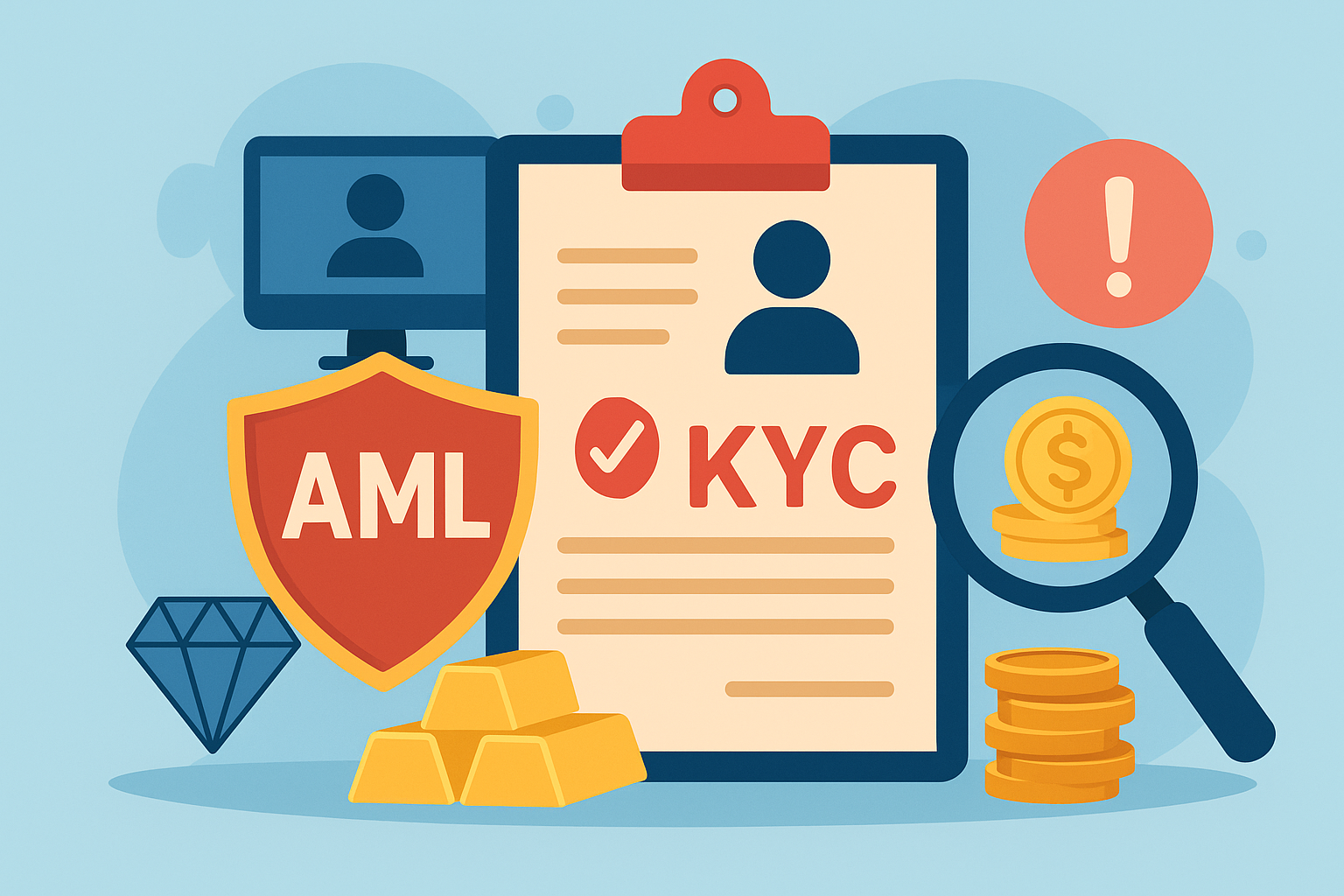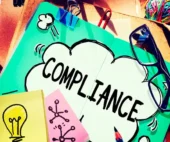In today’s regulatory landscape, Know Your Customer (KYC) is just the starting point. For businesses involved in the Dealers in Precious Metals and Stones (DPMS) sector in the UAE, compliance with Anti-Money Laundering and Counter-Terrorism Financing (AML/CFT) regulations requires a comprehensive, end-to-end approach that goes far beyond identity verification.
The Regulatory Reality for DPMS in the UAE
As part of the Designated Non-Financial Businesses and Professions (DNFBP) category, jewellery traders, bullion dealers, and refineries in the UAE are subject to AML regulations issued by the Ministry of Economy. The Financial Action Task Force (FATF) has flagged DPMS businesses as high-risk sectors due to the high-value and portable nature of precious metals, making them attractive for money laundering and illicit trade.
goAML reporting is mandatory, and entities must also conduct ongoing customer due diligence, maintain risk assessments, and submit DPMSRs (Dealers in Precious Metals and Stones Reports) where applicable.
What Does “End-to-End AML” Mean for DPMS ?
While KYC focuses on identifying and verifying the customer, true AML compliance spans across the full lifecycle of a business relationship:
- 1. Customer Due Diligence (CDD)
– Identification and verification of customers
– Beneficial ownership and UBO checks
– Purpose and nature of the business relationship - 2. Risk-Based Customer Classification
– Low, medium, or high-risk profiling
– Trigger-based Enhanced Due Diligence (EDD) - 3. Ongoing Monitoring
– Continuous review of client profiles
– Tracking of high-risk behaviors and red flags
– Review of large cash transactions or unusual patterns - 4. Sanctions & PEP Screening
– Real-time screening against global watchlists (OFAC, UN, EU, UK HMT)
– Politically Exposed Persons identification - 5. goAML Reporting
– Seamless submission of DPMSR for high-risk or suspicious transactions
– Record-keeping to support regulatory inspections
Why Traditional KYC Is Not Enough
Many businesses make the mistake of thinking KYC alone will meet compliance requirements. But regulators now expect:
- A documented AML policy and internal controls
- Evidence of independent risk assessments
- A trained compliance officer or MLRO
- Proof of regular screening and monitoring
Failure to implement these can lead to regulatory penalties, reputational damage, or suspension of licenses.
How AML Software Like WinGuardAML Helps
An end-to-end AML compliance solution automates and integrates every stage of your compliance journey:
- Smart onboarding with KYC document capture
- Automated risk scoring and customer classification
- Built-in DPMSR submission to goAML portal
- Real-time screening engine using global databases
- Central dashboard for compliance officers to track alerts and audits
By reducing manual errors, ensuring audit trails, and maintaining up-to-date compliance, software like WinGuardAML gives PMS businesses confidence and control over their obligations.
Future-Proofing Precious Metals Compliance
As the UAE intensifies its AML/CFT enforcement ahead of FATF reviews, businesses must move toward digital-first compliance solutions. Going beyond KYC and embracing a full AML strategy is no longer a best practice—it’s a necessity.
Whether you’re a small gold trading business or a large refinery, now is the time to invest in end-to-end AML compliance that adapts to your sector, customers, and risk profile.









